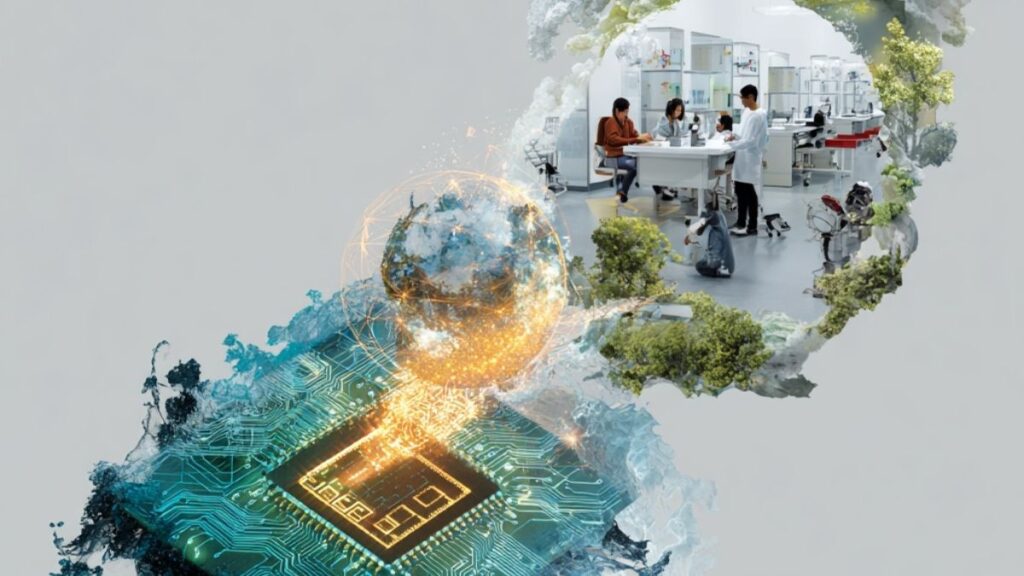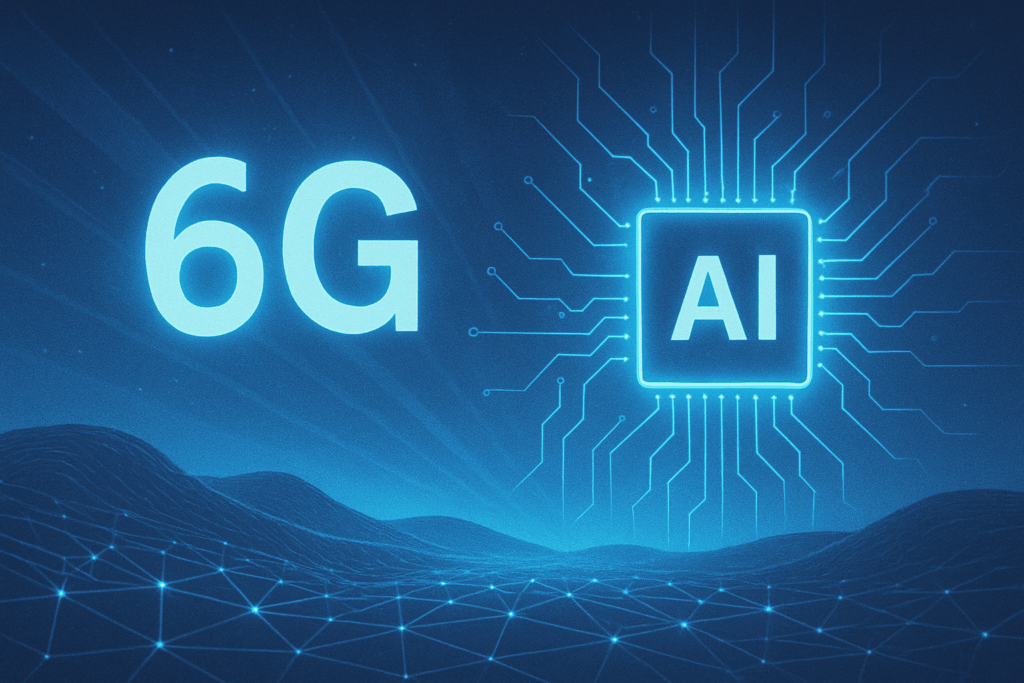AI is reaching the end of its hype cycle. Reality stepped in when people realized it wasn’t as useful yet as they thought it would be, and the vast majority of AI deployments currently fail to meet expectations. This is due to a combination of low deployment skills and the lack of adequate technical knowledge as people race to deploy without adequate foundations. However, AI-focused companies like Silo have reached adequate competence and are being purchased by larger entities (in this case, AMD), suggesting that AI failures should drop significantly going forward.
Also we are seeing a significant increase in layoffs that appear to be at least somewhat connected to this AI ramp, which implies that, for many, the time to reskill to hold jobs has already passed. But we are only at the beginning of this trend, so the rest of us may still have time.
Earlier this week, I did a podcast on this topic for the World Talent Economy Forum out of Asia and I thought it would be an interesting topic to cover this week.
The Unique Problem
In prior industrial revolutions, the jobs that were lost were more than made up for by new jobs created by technology that was focused on mechanizing or automating existing processes. AI is different. AI is specifically designed to enhance and replace people, and it is being partially targeted at jobs in which there is a lack of people, like fast food, but also potentially includes people, like coders, who work on AI projects.
Thus, it is likely that many of the new jobs that will be created will also be done by AIs because we won’t have enough people to do them at first. And while people needed to build the machines that founded past industrial revolutions, we are training AIs to build, modify and enhance themselves, again suggesting the job uplift from AI will be far less than the job losses.
This is problematic for a lot of things, not the least of which is that AIs don’t consume. If we go too far in eliminating personal income, the economy will collapse due to a lack of buyers (granted, this is decades into our future, though AI is moving far faster than prior industrial revolutions).
This makes it very problematic to figure out how you should retrain, given retraining typically takes years, and there is a good chance that the job you are training for will not be there in sufficient numbers when you complete your training or initial college education.
This suggests a very different approach not only to retraining but to how you pick and stay with a particular training path to ensure that you have a career and don’t become obsolete.
The Suggested Path to Preserve Your Future
Many of us go into careers without a lot of thought. We follow in our parents’ footsteps or take advice from friends and career counselors, and then find we really don’t like the path we are on, but we stick with it to retirement because, well, change is hard. The issue now is that change is coming whether we like it or not, so our first goal is to get comfortable with change and really think about what we enjoy doing, where we’d like to live, and what parts of our lives aggravate us the most.
Then we should spend our time looking at options that seem closer to what we do for fun and explore those options by meeting people who are in those jobs and finding out if our assumptions about that alternative path are valid. For instance, I’ve known people who have left their careers to go into hospitality jobs, farming, or even professional driving (like Uber) who testify they are far happier than they were in their prior jobs. I’ve also seen people do these things and hate them worse than what they came from, which is why you want to spend time exploring those jobs before putting a lot of effort into retraining to do them.
I’ve also known people who open a restaurant or go into farming without retraining and never successfully. My uncle went into farming, mishandled pesticides, and died as a result, and he really didn’t seem to enjoy farming either.
Now, one of the job areas that I currently doubt will be done by AIs anytime soon is bridge jobs. These require multiple areas of competence so you can bridge two connected but different areas of focus. Like medicine and technology, computers and farming, or hospitality and robotics. This is because, while these jobs are in high demand, they’d require a level of training for AIs that would both be very expensive and where the job volume is too low to justify the expense. And even if AIs move into those areas, people with these dual competencies will be critical to building and modifying the training sets because the moving parts of two different skill sets result in a far larger number of changing elements.
So, if you are in a job, look for a second competence that would enhance your value. If you are in school, consider dual majors in two areas that will increasingly be related as time goes on.
Wrapping Up
The thing you don’t want to do is sit back and pretend AI isn’t going to affect you because it will. At the very least, improve your communication skills by working with existing AI tools since that, like learning to type or use Microsoft Office, will certainly be a critical job requirement going forward. But, against this risk, take the time to think about what you’d rather be doing and a lifestyle that might make you happier.
Ask questions of those who seem well-centered, have positive attitudes, and just seem happier, and spend some time looking into alternative lifestyles and even better places to live. You might even consider going to places like Finland, where people are far happier, and see if that informs your worldview on just what should be important to you.
You can look at the approaching future and get depressed about it or look at it as an opportunity to find a better path forward. I suggest the latter because it can lead to a far happier future.
- More Than Moore’s Law: AMD’s 30-Year Masterclass in Corporate Responsibility - September 2, 2025
- Google’s AI-Powered Ambition: A New Pixel Ecosystem Takes Aim at Apple - August 24, 2025
- Intel’s Identity Crisis: In Search of a CEO Who Can Make the Elephant Dance - August 15, 2025



